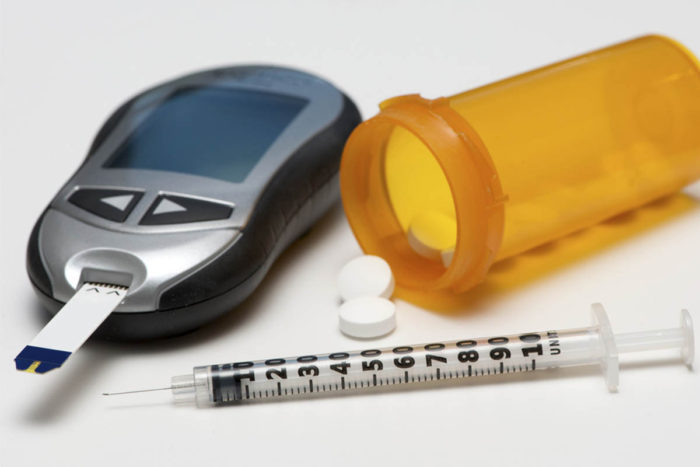$4.7 million study looks at why diabetes makes heart disease worse
Researchers at Washington University School of Medicine are looking at why certain patients with diabetes develop heart disease

Research is underway at Washington University to explain the relationship between diabetes and particularly severe forms of heart disease. The work, funded by a $4.7 million grant from the National Heart, Lung, and Blood Institute, centers on the role of abnormal fat metabolism in disrupting heart function.
“Diabetes is an incredibly common problem,” says Jean Schaffer, MD, a Washington University cardiologist at Barnes-Jewish Hospital. “People with diabetes develop complications in many organs. And one of the most deadly complications is heart disease. We’re interested in why people with diabetes suffer from unusually severe forms of heart disease.”
For reasons not fully understood, people with diabetes are more likely to develop blockages in arteries. After a heart attack, the course of the subsequent heart disease is more aggressive than in people without diabetes. Even independent of blocked arteries, there is evidence that their hearts do not function like those of individuals without diabetes.
Schaffer and her colleagues suspect a likely culprit is abnormal fat metabolism. Past studies have shown that patients with diabetes store higher levels of fats in their heart muscle, likely impairing heart function. These fats appear to lead to inflammation and can also damage important parts of heart cells, such as proteins and DNA, leading to heart muscle dysfunction.
“The problem is that we haven’t been able to make strong links between what we measure in a fasting blood sample and the degree of heart muscle dysfunction,” says Schaffer, the Virginia Minnich Distinguished Professor of Medicine. “In this type of heart muscle disorder, these common blood tests are not good predictors of who is at highest risk for heart disease.”
Research goals
The goal of the research is to identify better measures of heart disease in patients with diabetes. The program has four parts:
- Establish a clinically useful method to measure key fats related to diabetes complications in blood samples.
- Identify markers of abnormal fat metabolism in existing blood samples from clinical trial participants, including the Framingham Heart Study.
- Design laboratory experiments, including studies in mouse models, to help understand how the abnormal fats may contribute to heart muscle dysfunction.
- Perform a clinical trial for patients with type 2 diabetes to examine whether a drug that lowers fat levels in the blood improves heart function.
Washington University will serve as the coordinating center among the five institutions chosen to receive funding from the National Institutes of Health (NIH) to study abnormal metabolism in cardiovascular and lung diseases. The four partnering institutions are Cleveland Clinic, Emory University, National Jewish Health and Weill Cornell Medical College.






